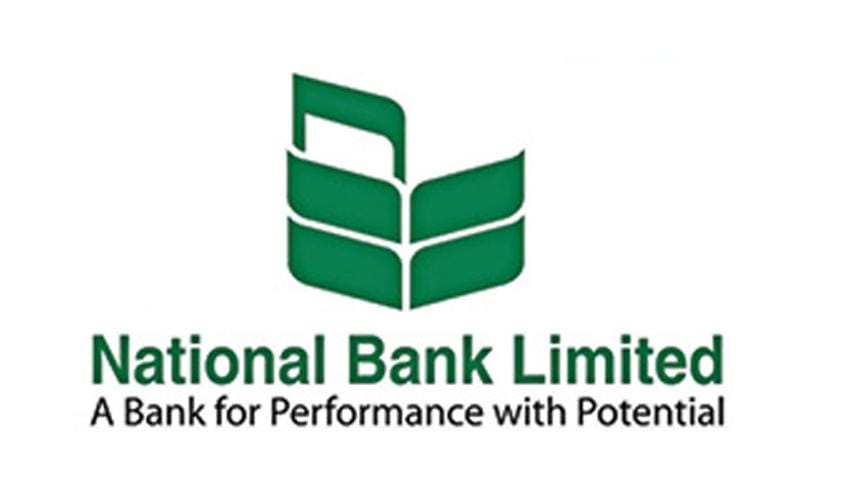How National Bank went astray

National Bank, the country's first private sector bank with a prosperous past, became a losing concern due to massive loan irregularities, lack of good governance and conflict among directors.
The bank started its commercial operation in March 1983 and until 2013, its health was decent.
At the end of 2013, the lender's defaulted loans stood at Tk 489 crore. A year later, it jumped to Tk 910 crore and it has been on the rise ever since, according to the bank's financial statements.
But it was not until 2022 that the bank registered massive losses: Tk 3,200 crore.
Now, NBL is not only a loss-making bank but almost all its indicators are in negative territory.
As of September, the bank's bad loans amounted to Tk 13,514 crore, which is the highest among the private banks.
At the same time, the bank logged a capital shortfall of Tk 2,024.4 crore and a provisioning shortfall of Tk 13,797.5 crore, according to data from the Bangladesh Bank.
The current situation is the legacy of the last 15 years, said a former independent director of the bank on the condition of anonymity.
The bank's financial health began to worsen when an influential party accumulated greater ownership of the bank.
In 2009, Sikder Group gained a bigger stake in the bank, according to bank officials.
The massive loan irregularities, lack of good governance, loan irregularities by directors, internal conflict among directors and the lack of quality human resources were the major reasons for the current ailing situation of the bank, according to the former director of the bank.
"The weak monitoring by the central bank on National Bank was a vital reason behind the fragile situation of the lender," he added.
Despite having a central bank-appointed observer on the NBL board since October 2014, the bank grabbed media headlines on several occasions for its brazen loan irregularities and directors' violation of banking rules.
Several managing directors were forced to resign from the bank.
The central bank started to exert its influence on the NBL only after the death of Zainul Haque Sikder in February 2021. Sikder was the chairman of NBL at the time of his death.
In April last year, the BB banned 10 members of the Sikder family and two officials of the Sikder Group from using international credit cards for two years as they took loans from the bank beyond their credit card limit, which grossly violates the banking rules.
The lender gave them $10.58 million (about Tk 91 crore) breaching the credit card limit set by the central bank.
NBL has become sick in the front of the central bank and the banking regulator just watched it without taking any effective action, said Ahsan H Mansur, executive director of the Policy Research Institute.
"The central bank is also responsible for the weak health of the bank," he said, adding that the BB should have reconstituted the board much earlier.
Earlier on December 21, the central bank reconstituted the NBL board by ousting three of the four Sikder family members.
Moazzem Hossain, who is the chairman of Hosaf Group and one of the founders of NBL, was reinstated on the board. At the bank's 39th annual general meeting, Hossain and his son Mabroor were ousted from the board through manipulating the digital voting system by certain directors.
Md Serajul Islam, a former BB spokesman, and M Kamal Hossain, a former managing director of Southeast Bank, have been added to the board.
Syed Ferhat Anwar, a former professor at the University of Dhaka's Institute of Business Administration, is the new chairman of National Bank, replacing Monowara Sikder, the widow of Zainul Haque Sikder.
"Restructuring the board will not fix everything. There is a need for a special audit in the bank," said Mansur, also the former chairman of BRAC Bank.
Commissioning the special audit should be the first responsibility of the new board.
"The management team also will have to be restructured as they are also responsible for the weak health of the bank," said Mansur, also a former economist of the International Monetary Fund.
The new board will hold its first meeting today, according to Md. Mehmood Husain, the MD and chief executive officer of NBL since December 2021.
"They will surely take some initiatives for the betterment of the bank," he told The Daily Star yesterday.




 For all latest news, follow The Daily Star's Google News channel.
For all latest news, follow The Daily Star's Google News channel.
Comments